MOSP is steadfastly committed to ensuring that all articles published in its journals are accessible to a global audience under an open access license. This commitment encompasses the following principles:
- The complete content of all published articles is accessible to individuals worldwide, devoid of any charges or limitations.
- The published material can be repurposed by any entity, contingent upon the provision of due credit/citation to the original publication.
Permissions: Reusing any segment of an article disseminated by MOSP does not necessitate special authorization. For articles published under an open access CC-BY license, parts of the article can be repurposed without formal consent, provided the original work is accurately cited. It is imperative to note that the reuse of an article does not imply endorsement by the authors or MOSP.
Understanding Open Access:
Aligned with the Budapest, Berlin, and Bethesda declarations, MOSP's understanding of open access entails the following tenets:
- Peer-reviewed literature is universally accessible, transcending subscription fees and cost barriers.
- Literature is immediately accessible with no embargo period.
- The published material can be reused without formal permissions, subject to proper acknowledgment of the source.
As per this definition, all articles, encompassing data, graphics, and supplementary material, featured in MOSP journals are linkable from external sources, searchable via search engines, amenable to text mining applications, and usable by websites, blogs, and other platforms. This freedom is contingent upon accurate crediting of the source and original publisher. MOSP believes that open access publishing fosters inter-disciplinary research by facilitating the exchange of findings among scientists from diverse domains. Furthermore, open access extends research access to worldwide researchers, including those from developing nations, and an inquisitive public audience. While MOSP publishes all its journals with open access, we consider open access to be a valuable component of the academic discourse process, coexisting with other forms of communication and publication, such as society-based publishing and conference events.
Significant Note: Certain articles, particularly reviews, might feature figures, tables, or text excerpted from other publications for which MOSP lacks copyright or re-licensing prerogatives. Hence, it is incumbent upon the user to ascertain from the original copyright holder (typically the original publisher or authors) whether such content can be repurposed.
Advantages of Open Access for Authors:
MOSP's open access stance provides several benefits for authors, including:
- Enhanced availability and visibility: The free, unrestricted online accessibility of publications guarantees heightened availability and visibility of the articles on a global scale.
- Elevated citation impact: Open access articles have higher publicity and availability, which leads to higher citation impact.
- Reduced publishing costs: Open access publishers charge authors' institutions or research funding bodies in order to cover the costs of editorial handling and article production. This is achieved by levying an Article Processing Charge (APC) upon acceptance of each article, effectively covering the production expenses. MOSP maintains a consistent APC for all articles, regardless of length, fostering the publication of comprehensive papers replete with exhaustive results and methodological intricacies.
- Expedited publication: Online-exclusive availability accelerates the publication timeline for accepted articles within MOSP's open access journals, in contrast to conventional subscription-based and print-focused journals.
MOSP encourages authors to embrace its open access policy, thereby ensuring the broadest dissemination of their research outcomes.
Click Here To Contact Us
